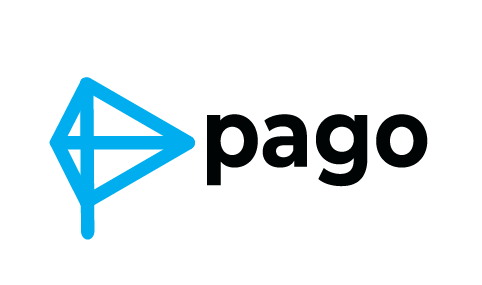Why Do Security Breaches Still Happen? PAGO’s Answer Is People
- PAGO Networks

- Jun 9, 2025
- 2 min read
Updated: Jun 10, 2025

Despite all the tools and alerts, the same question lingers inside most organizations. Why do breaches still happen? For PAGO Networks, that is where everything begins.
"Attackers disguise themselves as normal behavior. Connecting the dots and identifying that behavior as a threat is something only people can do,” said Paul Kwon, CEO of PAGO Networks, in a recent interview with ZDNet Korea. “Security ultimately comes down to humans.”
From Alerts to Action
PAGO is not just another MDR vendor. It builds and operates its own cloud-native platform called DeepACT. The system works with existing tools at client sites to detect abnormal signals that often look like regular behavior. When a risk is identified, the system signals one thing. Respond.
But the critical difference is what happens after detection. PAGO does not wait for client approval.
“We used to send alerts, but there were cases where the client was asleep or unavailable. So we changed the model to take action ourselves,” Kwon explained.
In practice, PAGO blocks threats in real time. Even in the middle of the night. Because knowing is not enough without doing something about it.
Automation with Purpose
PAGO has 25 employees, and 15 of them work in the MDR Center. These analysts monitor the security of 300 clients. That scale is not possible without a smart system behind it.
“You cannot just keep adding people. That is not sustainable,” Kwon said. “We built the system to handle everything from detection and blocking to reporting and client guidance.”
The automation is intentional. It allows analysts to focus on judgment and strategy. The work that still requires human decision-making.

Going Global with Local Understanding
PAGO expanded into Southeast Asia in 2023 and now has partners in Malaysia, Indonesia, and the Philippines. These markets now account for 15% of the company’s revenue.
“Western MDR companies often fail to communicate effectively in Asia,” Kwon said. “PAGO understands how local trust and collaboration work.”
This is not just about language. It is about knowing how to move together in high-stakes environments. PAGO plans to grow further into North America, Europe, and the Middle East.
Building Security from the Inside Out
PAGO’s office in Seoul includes its 24-hour MDR Center, a Center of Excellence (CoE) where clients meet with analysts, and even spaces for rest and recovery. There is a rooftop barbecue area, a gym, and a café. But this is not about comfort. It is about clarity.
“People define the level of security we can offer,” said Kwon. “We invest so analysts can do their best work.”

Analysts do not handle admin. Leaders do not stay stuck at desks. Everyone works flexibly and securely. There are no personal messengers. All communication is through approved, auditable tools.
In Kwon’s words, “If we are a security company, we must live like one.”
Read the more on ZDNet



